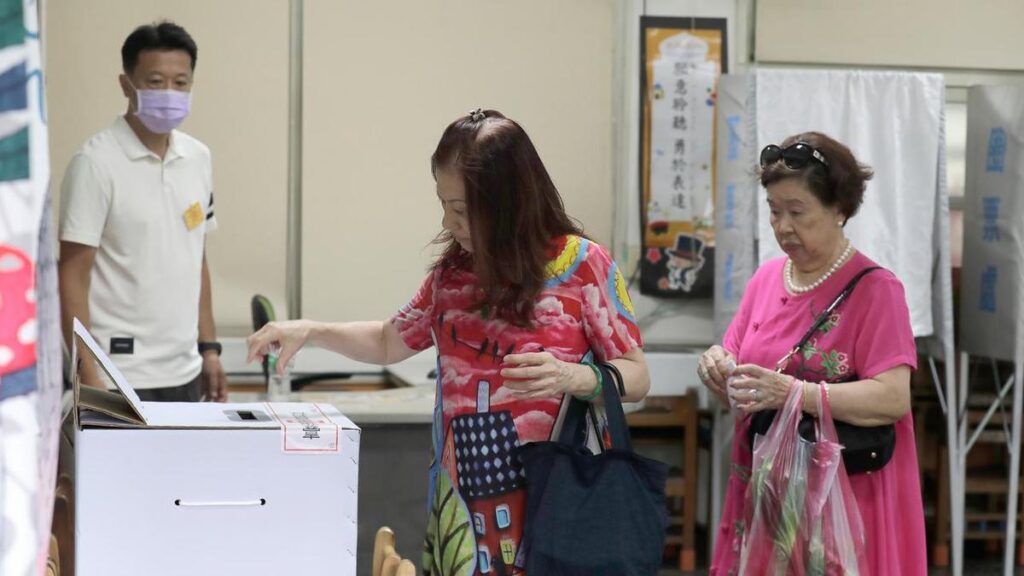
Taiwanese voters have decisively opted not to remove approximately one-fifth of their Members of Parliament (MPs) aligned with the pro-China Nationalist Party in a recent recall election held on November 26, 2023. This outcome highlights the complexities of Taiwan’s political landscape amid ongoing tensions with mainland China.
The recall effort targeted 12 MPs from the Nationalist Party, known for its more conciliatory stance towards the Chinese Communist Party. Voter turnout for the recall was reported at around 40%, a significant engagement level for a non-general election event. Ultimately, only a small percentage of voters supported the recall, indicating strong backing for the current MPs despite their controversial ties.
Implications for Taiwan’s Political Climate
The results of the recall election suggest that the pro-China sentiment remains a contentious issue among Taiwanese voters. The Nationalist Party, also referred to as Kuomintang (KMT), positioned itself as an alternative to the ruling Democratic Progressive Party (DPP), which has been more assertive in its stance against China.
Political analysts believe that the rejection of the recall reflects a preference among voters for stability and continuity in governance. According to the Central Election Commission of Taiwan, the voters’ decision could also be interpreted as a rejection of the current DPP-led administration’s aggressive posture towards China.
Opponents of the Nationalist Party had campaigned vigorously for the recall, emphasizing the potential risks of closer ties with China. They argued that such affiliations could undermine Taiwan’s sovereignty and democratic values. Yet, the electoral outcome demonstrates that voters may prioritize local issues over international relations when casting their ballots.
Future Challenges and Opportunities
Looking ahead, the Nationalist Party faces both challenges and opportunities as it navigates the aftermath of the recall election. With the next legislative session approaching, the party will need to address internal divisions regarding its approach to cross-strait relations.
On the other hand, the DPP may need to reassess its strategy to maintain its support among the electorate. Growing economic concerns, including inflation and housing affordability, could shift the focus of voters in future elections.
The political situation in Taiwan remains fluid, with potential implications for regional stability and international relations. As the island continues to assert its identity on the global stage, the dynamics between local preferences and broader geopolitical realities will undoubtedly shape its future.






